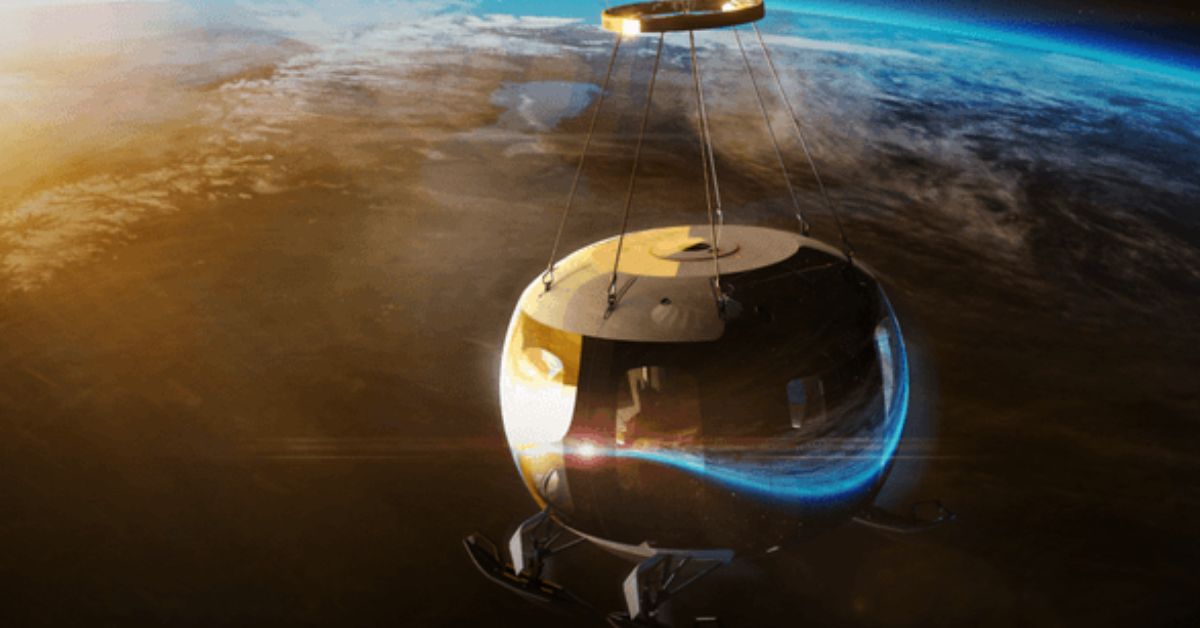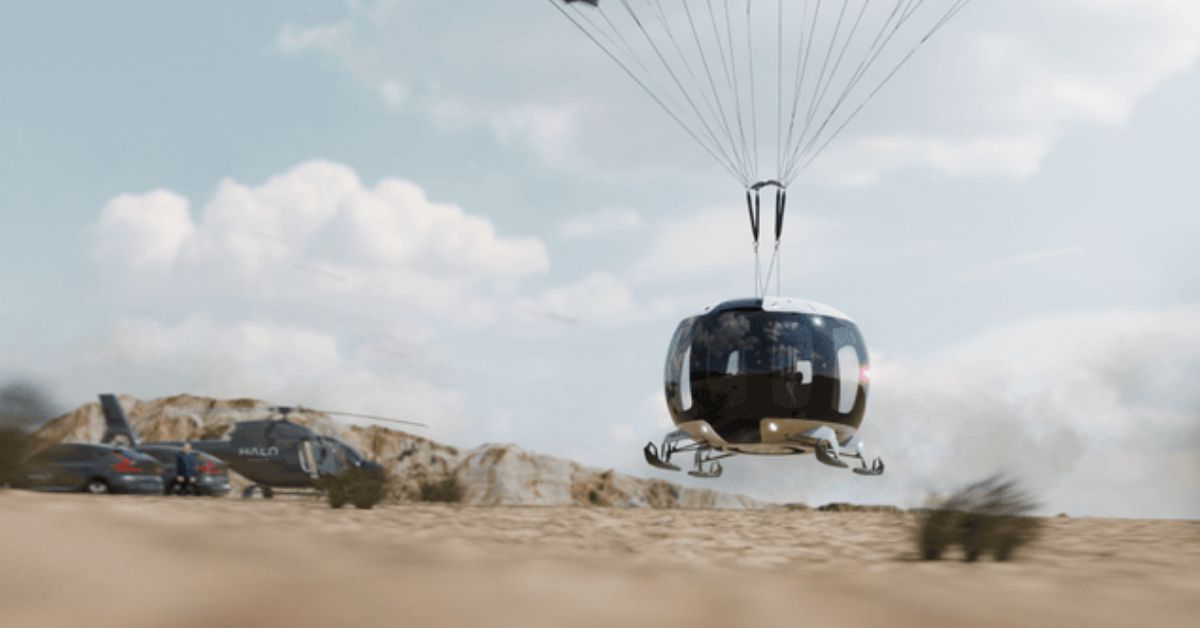RIYADH — Saudi Arabia is poised to become a hub for space tourism, starting in 2026. Priced at a premium of $164,000 per person, these excursions promise adventurers a unique view of Earth from the stratosphere, offering an experience that has, until now, been a mere dream for many.
The expeditions are brought to the region by Halo Space Company, a Madrid-based organization founded in 2021 with a focus on outer space journeys. Saudi Arabia has been chosen as one of the primary launch sites for these ventures, with a test flight scheduled for June, marking the company’s sixth trial.
This test will send its second prototype approximately 32 kilometers above the Earth’s surface, with the spacecraft comprising an aerospace balloon and a pressurized capsule, designed to carry eight passengers and a pilot. The panoramic windows promise a 360-degree breathtaking view of our planet, offering a spectacle like no other.
Halo Space’s ambitions don’t stop at the upcoming test flight. With plans to commence commercial operations by 2026, the company aims to conduct 400 flights annually by 2029, each lasting between four to six hours. This includes one to two hours at maximum altitude, providing passengers with a crystal-clear view of the Earth’s curvature.
The company highlights the accessibility of these flights, emphasizing that the helium balloon-powered ascent allows for a gradual rise without the need for passengers to undergo special training due to heavy acceleration or G-forces.
The push for space tourism in the Gulf is part of a broader strategy by countries in the region to diversify their economies and enhance their scientific, commercial, and strategic development.

Saudi Arabia’s recent transformation of the Saudi Space Commission into the Saudi Space Agency (SSA) in June 2023 and the UAE’s National Space Strategy 2030 underscore the Gulf’s commitment to becoming a significant player in the global space sector. This includes notable milestones such as the launch of Saudi Arabia’s first mission to the International Space Station (ISS) and the UAE’s Hope Probe mission to Mars.
Moreover, Gulf countries are developing their domestic capacities for building satellites, enhancing communications, and monitoring systems, with Bahrain, Kuwait, and Oman launching satellites in recent years. This growing focus on satellite technology and human spaceflight represents the Gulf’s ambitions to lead in the space sector, offering potential for infrastructure monitoring, environmental protection, and natural resource management.
As the Gulf countries continue to invest in and expand their space capabilities, they not only aim to enhance their technological prowess but also establish themselves as pioneers in the burgeoning field of space tourism.
With these initiatives, the Gulf is set to offer a unique blend of adventure, luxury, and scientific exploration, capturing the imagination of travelers around the world and positioning itself at the forefront of the final frontier.








